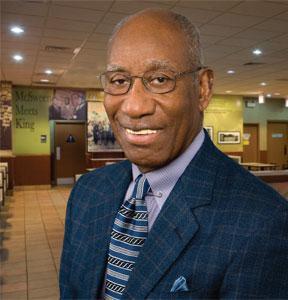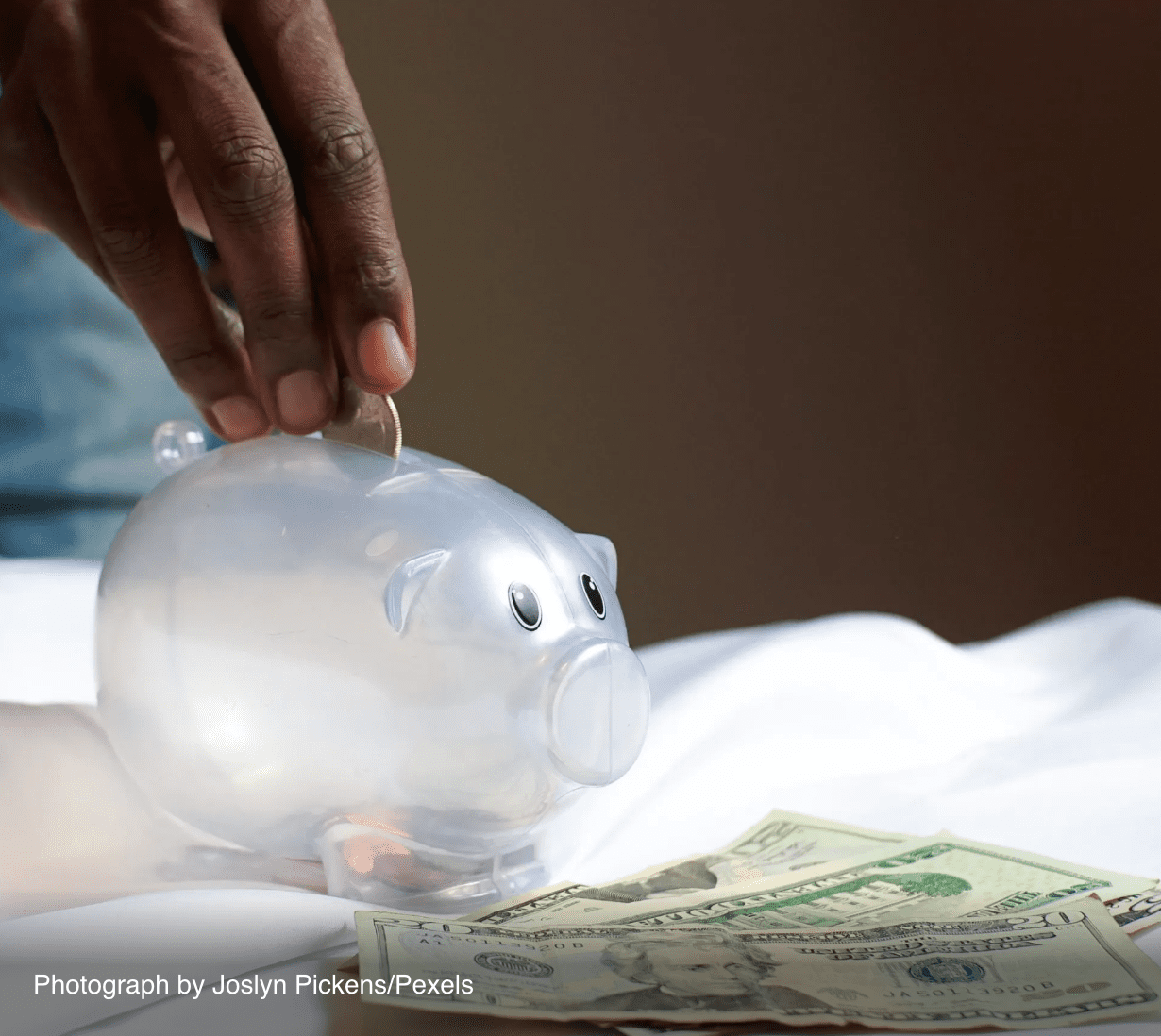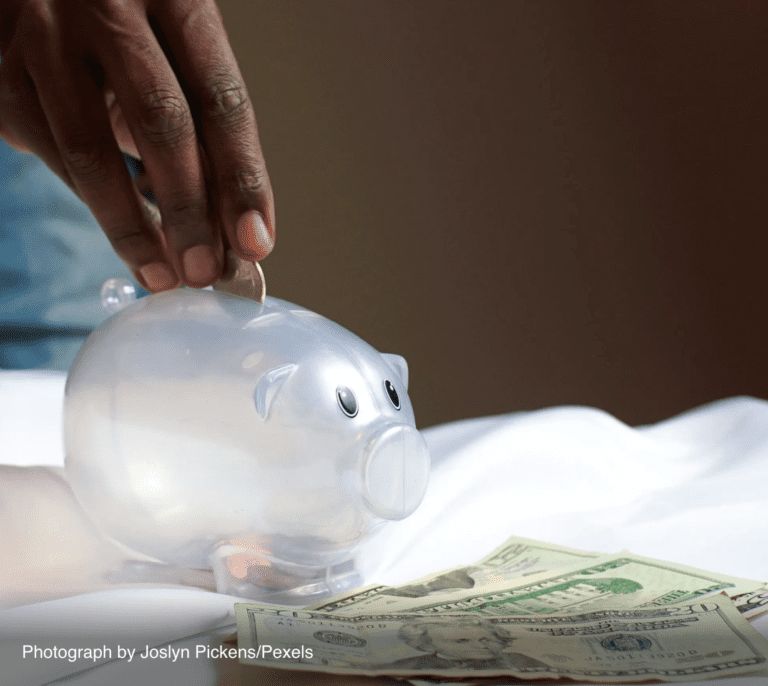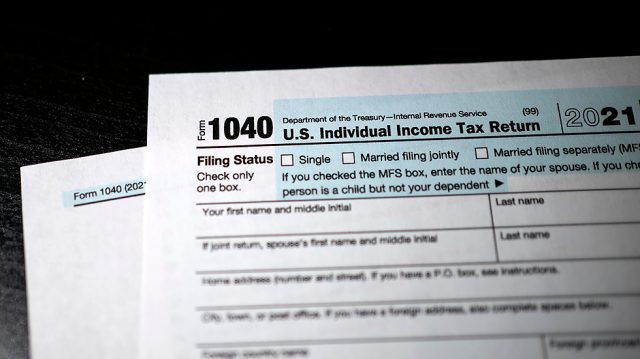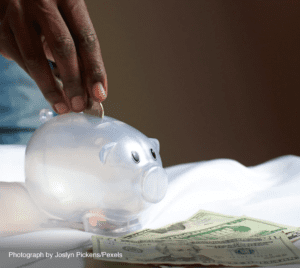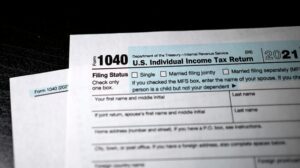Labor & Industry Secretary Jennifer Berrier highlights Equal Pay Day and calls for pay equity for all Pennsylvanians, in Harrisburg, PA on March 15, 2022.
Harrisburg, PA – Tuesday was Equal Pay Day, a day which marks how far into the year women must work in order to be paid what men were paid in the previous calendar year. On average, women who work fulltime are paid just 83 cents per every dollar men are paid and nearly two-thirds of people making the minimum wage are women.
Researchers say the wage gap exists for a variety of reasons, including differences in pay are caused by occupational segregation (with more men in higher paid industries and women in lower paid industries), vertical segregation (fewer women in senior, and hence better paying positions), ineffective equal pay legislation, women’s overall paid working hours, barriers to entry into the workforce, and women being more likely to step away from jobs to care for family members.
***
Press release from the Equal Pay Day press conference:
The Pennsylvania Commission for Women, the Pennsylvania Department of Labor & Industry, and other stakeholders highlighted the importance of Equal Pay Day and the importance of eliminating the gender wage gap.
“The Pennsylvania Commission for Women is proud to host today’s Equal Pay Day event. Our commission has been addressing the gender wage gap and the impact it has on women in Pennsylvania for years. Women make up 51% of Pennsylvania’s population and are vital to Pennsylvania’s economy but are not compensated adequately. Due to the gender wage gap, each woman in Pennsylvania will lose an average of about $460,000 over the course of her lifetime,” said Commission Executive Director Moriah Hathaway. “Our goal is to help hardworking women across Pennsylvania and enable them to better support their families. We can do this through passing equal pay legislation and raising the minimum wage.”
Your browser does not support the video element.
Equal Pay Day marks how far into the year women must work in order to be paid what men were paid in the previous calendar year. On average, women who work fulltime are paid just 83 cents per every dollar men are paid and nearly two-thirds of people making the minimum wage are women.
“Women add tremendous strength to our workforce from entry level positions to CEO roles, and it is absurd that we continue to hinder their earning potential,” said First Lady Francis Wolf. “The Wolf Administration has taken steps to close the gender pay gap for state employees, and it’s time for Pennsylvania as a whole to catch up. We are hurting our women and our economy by abiding by these antiquated processes, and something needs to change.”
Governor Tom Wolf has called for a minimum wage increase every year that he has been in office, and once again, he is calling for the General Assembly to raise the wage for working Pennsylvanians.
Gov. Wolf is calling for an immediate increase to $12 an hour on July 1, 2022, with annual increases until the wage reaches $15 an hour. Further increases would be tied to inflation to ensure that working Pennsylvanians never go without a cost of living increase for 13 years again.
A $15 minimum wage would impact an estimated 1.5 million workers, or 25 percent of all Pennsylvania workers, either directly or indirectly. Of the nearly 1 million workers who would directly benefit from an increase to $15, 62.2% are women. This means a raise for 618,400 women, or 20.9% of all women working in the commonwealth.
For many women of color, the gender wage gap is wider than it is for white women, compounded by the racial wage gap. Per the American Association of University Women, on average, Asian American and Pacific Islander women are paid 75 cents for every dollar paid to white men. Black women earn 58 cents for every dollar paid to white men. Latina women earn 49 cents for every dollar paid to white men.
Increasing the minimum wage to $15 an hour in Pennsylvania would also directly benefit:
31.9% of Hispanic workers.
26.3% of Black workers.
15.7% of Asian workers.
The gender wage gap is not only an example of deep inequity in our society, it holds Pennsylvania back. According to the Pennsylvania Coalition Against Domestic Violence, the lack of pay equity costs women more than $915 billion every year. If the gender wage gap were closed, a working woman would gain, on average across her lifetime, enough additional pay to cover:
More than 13 months of childcare.
One year of tuition and fees for a four-year public university.
Nearly one year’s worth of food.
Seven months of mortgage and utility payments.
More than 10 months of rent.
The Commission for Women was joined by Labor & Industry Secretary Jennifer Berrier, Representative Patty Kim, and Harrisburg City Council President Danielle Bowers to call for equal pay legislation and a minimum wage increase to help eliminate the gender wage gap and provide the support working families need.
“Governor Wolf’s proposal for a $12 minimum wage with a pathway to $15 by 2028 would directly boost the incomes of nearly 1 million Pennsylvania workers — 62.2 percent of whom are women. This path to $15 would also put $3.3 billion in the pockets of Pennsylvania workers in the first year, an important boost for our state and local economies as we continue to recover from the pandemic,” Secretary Berrier said. “A $12-an-hour minimum wage with a pathway to $15 is a long overdue investment in Pennsylvania’s workers and its economic future. Pennsylvania workers, especially Pennsylvania women, have waited long enough.”
“To learn that Black women earn significantly less than their male, white counterparts is disappointing, but to see the amount of money Black women make compared to white men decrease rather than increase confirms the need for change,” said LaDeshia Maxwell, Executive Director of the Governor’s Advisory Commission on African American Affairs. “A majority of Black women in the commonwealth are the breadwinners in their households providing for their children and communities, and they should be compensated fairly for the jobs they do. I know today isn’t Black Women’s Equal Pay Day but we stand in solidarity with all women in hopes that a change for some leads to a change for all.”
“The Asian Pacific American community is a collection of more than 50 diverse ethnic groups which speak more than 100 languages and dialects,” said Stephanie Sun, Executive Director of the Governor’s Advisory Commission on Asian Pacific American Affairs. “It does a disservice to the community to lump all of these people together and say they are all the same when they are really very different. For example, wage equity for all ethnic groups in the category Asian Pacific American are especially very different. Burmese, Nepali, Tongan, Samoan, Hmong and Cambodian women are paid on average between 50 and 60 cents for every dollar paid to white men. If we are to have an equitable and fair society, the same work must receive the same pay regardless of gender or ethnic background.”
“The ongoing pay disparities with Latinas has gone on far too long. This year’s statistics reflect that Latinas are paid just $0.49 for every dollar paid to White men. This means, that the Latina pay gap has gotten significantly worse since the start of the global pandemic. Based on these studies, it’s important that we advocate for equal pay legislation and raising the minimum wage to help elevate working families across Pennsylvania. Overall, these systematic issues with women in the workforce can no longer be ignored,” said Luz Colon, Executive Director of the Governor’s Advisory Commission on Latino Affairs.
“Women leaders—household names and legendary unknowns—recognize the value they bring to the workplace,” President of Harrisburg City Council Danielle Bowers. “Sadly, their magic vanishes compared to their male counterparts where compensation is concerned. Women are expected to overperform in their roles, exceed goals and metrics set for them, while receiving a fraction of the pay their male counterparts seem entitled to. All women regardless of their race, ethnicity, age, or background should be compensated fairly compared to their male counterparts.”
“Women in Pennsylvania face a devastating wage gap from their male counterparts which is even more acutely seen by women of color, who are paid not only less than men but less than white women,” said state Senator Tina Tartaglione. “The systemic discrimination that allows for the underpaying of women must be addressed and remedied. When more than 2/3rds of all workers earning Pennsylvania’s embarrassingly low minimum wage are women, it is evident that more must be done to ensure all workers are paid appropriately for their work by both raising our minimum wage as well as addressing the deeper causes of pay disparity.”
“The majority of minimum wage earners are not teenagers but women. So as we commemorate Equal Pay Day on March 15, the symbolic date to show how far into the year the average woman must work in order to match what the average man earned in the prior year, we need to acknowledge PA’s minimum wage contributes to this gender disparity we are trying to eliminate – not only to benefit workers but also for the benefit of our families and our communities,” state Representative Patty Kim said.
Women in Pennsylvania work hard and deserve fair pay for their work. The commonwealth can better support working women – and help them better support their families – by passing equal pay legislation and raising the minimum wage.


